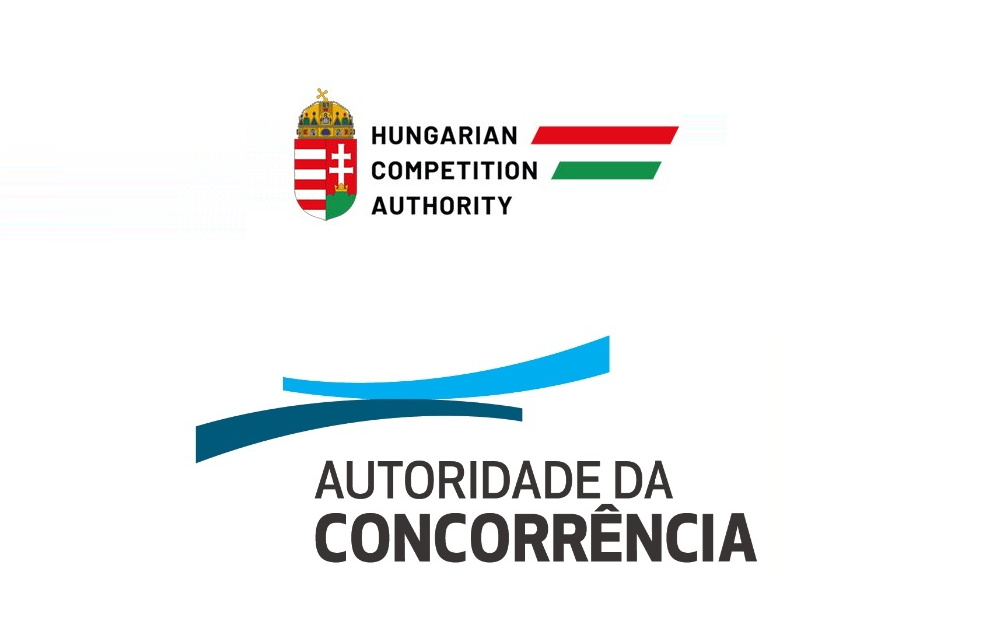Context: National competition authorities (NCAs) in Europe are increasingly interested in gaining an understanding of AI-related market dynamics. The UK Competition & Markets Authority (CMA) is performing an initial review (title: AI Foundation Models) that started in May 2023, with an update to the initial report scheduled for March 2024. The Portuguese Autoridade da Concorrência (AdC) published an Issues Paper in November 2023.
What’s new: On Thursday (January 4), the Hungarian Competition Authority (Gazdasági Versenyhivatal (GVH)) launched (press release in English) a “market analysis on the impact of artifical intelligence.” The two potential concerns are whether the resource-intensive nature of AI poses a threat to fair competition in digital markets and whether certain data collection and advertising practices are “dangerous for consumers.”
Direct impact: At this point, the three national competition authorities are primarily analyzing the market. The Portuguese AdC just issued some general warnings and recommendations.
Wider ramifications: The Hungarian GVH and the Portuguese AdC are NCAs of EU member states. The European Commission doesn’t automatically perform such market studies only because two ore more NCAs of EU member states have taken an interest.
In the information and communications technology industry, antitrust enforcers often acted too late. In connection with AI, some are now stepping forward to launch investigations, even if only to gain a better understanding at an early stage.
The Hungarian GVH plans to release a study in mid-July. The press release states two distinct concerns in its press release:
- “AI-based technology can pose a threat to fair competition in the market.” Here, the GVH’s concern is that AI is “currently very resource-intensive” and “[o]nly the largest technology giants currently have sufficient resources – and the technological expertise.” The scenario that the GVH fears is where one where “he technological expertise to facilitate its development – to gain a significant competitive advantage in the market. As a consequence, the practical application of artificial intelligence may become a privilege for a narrow group of companies, which could distort market competition in digital sectors in the future.”
- “AI-based technology can make consumers more vulnerable.” The related concern by the GVH comes down to “dark patterns” and new forms of personalized advertising based on large-scale data collection. Chatbots may promote products.
It is true that many digital markets favor concentration (network effects, increasing returns). It is, however, equally true that there are hundreds of venture-funded AI startups, many of them with substantial amounts of funding, and the cloud computing resources they need (which vary greatly from project to project) are interchangeable.
The Portuguese AdC identified three “cornerstones”: access to data, access to cloud computing or specialized hardware, and access to Generative AI foundation models.
As for consumer protection concerns, rules and regulations already exist with respect to the proper disclosure of paid promotions as well as data collection. The key question is now whether those existing rules just have to be applied to AI and vigorously enforced, or whether anything is needed in addition.
Market investigations by competition authorities are sometimes just the starting point or launchpad of enforcement actions against particular market actors and/or legislative recommendations. It is too early to tell what, if anything, the Hungarian GVH has in mind besides analyzing and describing market dynamics at a high level. ai fray will follow these investigations based on publicly-accessible material, such as published submissions by market participants.

